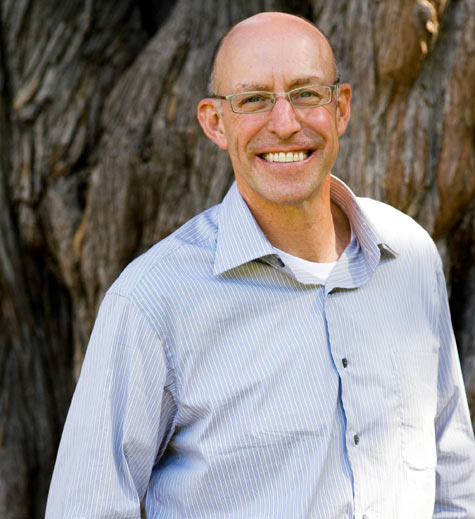Lose 10 pounds? Get a new job? Be nicer to a neighbor? Yes, it’s that time of year again and carbon could make your New Year’s resolutions much more successful – – and profitable.
Let’s start with motivation for a diet. Over the past 10 years, the average American has gained 10 pounds. One of the unfortunate results is that airlines burn 350 million more gallons of jet fuel each year to lug our excess fat across the country. If we all lost that weight, both our personal and planetary health would improve and, who knows, maybe the airlines would drop the extra bag fees.
And what about that new job? Trying to meet goals for carbon reductions and renewable energy deployment, wind turbine maker Vestas is investing $1 billion on new wind projects in the west, creating several hundred new jobs. WE Energies and American Electric Power (AEP) are investing another $1 billion on large-scale carbon capture at coal plants in Wisconsin, West Virginia, and Oklahoma – – more new jobs.
Even newly minted MBAs are finding new work in the low carbon economy. The non-profit Environmental Defense Fund sponsored a team of young grads to help 22 companies, including eBay, Dell, Cisco, and Sony Pictures Entertainment find $54 million in savings with simple energy efficiency retrofits and management techniques. That translates to over 100,000 tons of carbon reduced – – and new careers for recent college grads.
There might even be new employment among purveyors of green products. Despite a lousy economy, U.S. supermarkets report sales of low-carbon consumer products, like energy-efficient light bulbs and locally-grown foods, rose almost 9 percent in 2009 to about $38 billion. And that’s not just at Whole Foods, but Walmart and Safeway also report similar increases – – and profits – – in those categories.
Finally, what about being nicer to a neighbor? Pennsylvania resident Carin Froehlich was saving money and carbon by drying her clothes outdoors on a line, but neighbors objected, saying it made the neighborhood look like”trailer trash.” One neighbor complained loudest about seeing Carin’s “unmentionables.” This controversy mirrors those going on around the country – – pitting carbon/money-saving residents against homeowner association rules. Carin turned the other cheek, so to speak, and agreed to dry her underwear indoors – – but everything else still hangs on the carbon-free clothesline outside.
So whatever resolutions you make as corks are popping this Dec. 31st, remember that the ones easiest to keep just might be those with the biggest carbon payoff. Happy New Year.


